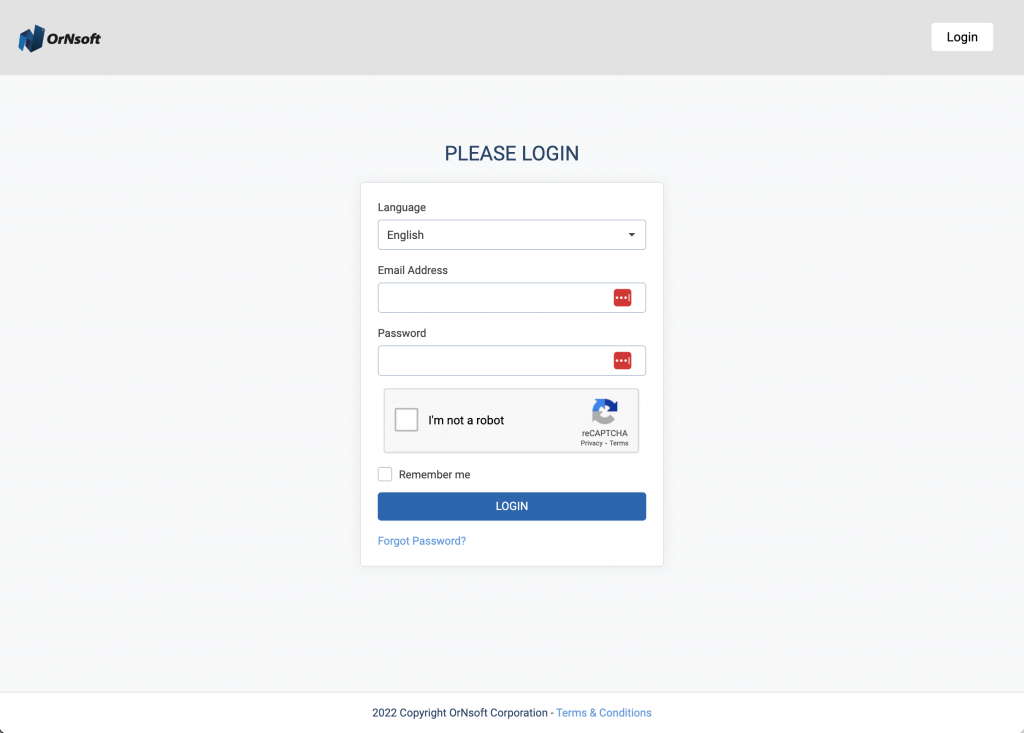Introduction
In the dynamic landscape of artificial intelligence (AI), one term that has been gaining significant attention is "reinforcement learning." This AI development technique has been a game-changer for many industries, revolutionizing the way we approach problem-solving and decision-making processes. As we delve into the fascinating world of reinforcement learning, we will explore its history, practical applications, and future prospects.
What Is "Reinforcement Learning"?
Reinforcement learning is a type of machine learning where an agent learns to make decisions by interacting with its environment. The agent receives rewards or penalties (reinforcements) based on its actions, which guide it towards optimal behavior. The objective is to maximize the total reward. Unlike supervised learning, where training data includes the correct answers, reinforcement learning involves learning from trial and error, which makes it a powerful tool for tasks where the correct action is unknown or complex.
History of "Reinforcement Learning"
The concept of reinforcement learning traces back to the field of psychology and the work of B.F. Skinner in the 1950s. However, it wasn’t until the 1980s that it started to gain traction in the field of computer science. The development of Q-learning by Watkins in 1989 was a significant milestone, providing a practical method for temporal difference learning. Today, reinforcement learning is a core part of AI solutions, with applications ranging from game playing to autonomous vehicles.
Importance of "Reinforcement Learning"
Reinforcement learning is a critical aspect of AI development due to its ability to solve complex problems without explicit programming. It’s particularly effective in situations where the environment is uncertain or dynamic. Reinforcement learning algorithms can adapt to changes, making them crucial for applications such as robotics, resource management, and game theory. Moreover, reinforcement learning has the potential to create AI systems that can surpass human performance in various tasks.
Practical Applications
Reinforcement learning has found application in various domains. In gaming, Google’s AlphaGo, trained using reinforcement learning, made headlines by defeating a world champion Go player. In robotics, reinforcement learning is used to train robots to perform tasks like picking up objects or navigating through a room. In finance, reinforcement learning algorithms are used for portfolio management and algorithmic trading. It’s also used in healthcare for personalized treatment recommendations.
The Role of ‘Reinforcement Learning’ in Modern Enterprises
In today’s competitive business landscape, reinforcement learning can provide enterprises with a significant edge. It can help businesses optimize their operations, make better decisions, and innovate faster. For instance, reinforcement learning can be used for supply chain optimization, customer segmentation, and dynamic pricing. Companies like Google and Uber are already leveraging reinforcement learning for various applications, demonstrating its potential to transform business operations.
Case Study
One notable application of reinforcement learning is by CEErtia, a software solution provided by OrNsoft. CEErtia uses reinforcement learning to optimize energy consumption in buildings. The system learns from the building’s energy usage patterns and environmental factors to adjust the HVAC settings optimally, resulting in significant energy savings.
Future Outlook
The future of reinforcement learning looks promising, with ongoing research exploring its potential in various fields. Improvements in computational power and data availability are expected to further boost the capabilities of reinforcement learning. Furthermore, the integration of reinforcement learning with other AI techniques like deep learning could lead to even more powerful AI systems.
Conclusion
Reinforcement learning is a powerful AI technique with a wide range of applications and significant potential for future development. As more businesses recognize its potential, we can expect its adoption to increase, driving innovation across various industries. Whether you’re a business leader looking to optimize your operations or a tech enthusiast curious about the latest trends, understanding reinforcement learning is undoubtedly beneficial.
Intrigued by the potential of AI for your business? Schedule a free consultation with us here.

